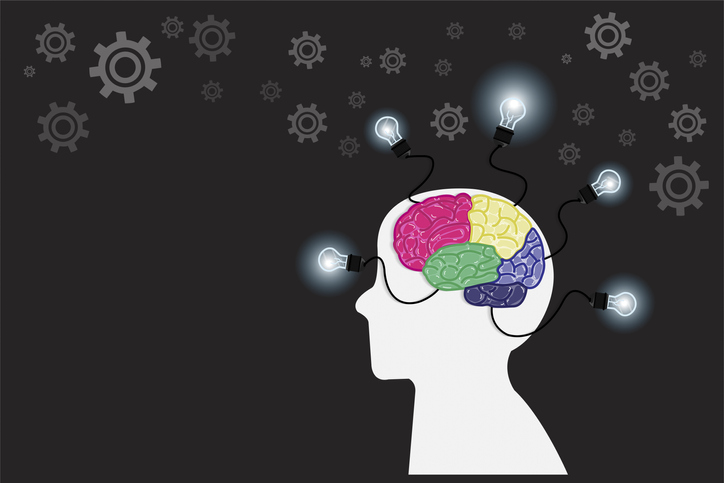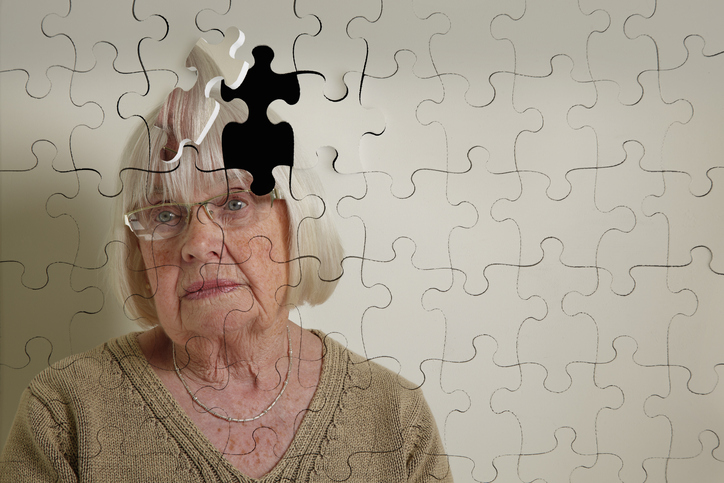Light Therapy May Provide Some Relief For Alzheimer Patients

By Joy Stephenson-Laws, JD, Founder
I’ve talked a lot about ways to be proactive regarding preventing Alzheimer’s, but I have not really discussed ways to be proactive when someone already has this devastating form of dementia. According to the Alzheimer’s Association, more than six million Americans are currently living with Alzheimer’s. Furthermore, this number is projected to rise to almost 13 million by the year 2050. The Centers for Disease Control and Prevention (CDC) reports that Alzheimer’s is the sixth leading cause of death in the United States.
As always, prevention is better than cure (unfortunately, there currently is no cure for Alzhiemer’s), but it is also good to know how you may manage this serious health condition.
There are different stages of Alzheimer’s that include a wide range of symptoms, and every patient is different, but many with this condition suffer from sleep issues and depression. Alzhiemr’s patients can also get very agitated. It’s an awful condition that destroys brain cells.

Light therapy may provide some relief.
I recently came across a study in China involving Alzheimer patients and light therapy. Light therapy, specifically red light therapy, is a topic I have discussed a lot. The study included nearly 600 patients with mild to moderate Alzheimer’s. Researchers observed that administering light therapy to Alzheimer’s patients appeared to improve sleep efficiency (time spent asleep while in bed), reduce agitation and even help with depression. This is a big deal because we want o give someone who has dementia the best quality life possible. We would want this for a loved one.
“Light therapy also had a significant advantage over usual care in reducing the severity of psychobehavioral symptoms as assessed by the Neuropsychiatric Inventory,” reports Medscape.
“These findings, combined with its low side-effects, suggest the role of light therapy as a promising treatment for AD. Although light therapy has fewer side effects than pharmacological treatment, adverse behavioral outcomes in patients due to bright light exposure should be considered,” the authors wrote, according to Medscape.
“In bright light therapy, a person sits in front of a light box that provides about 30 times more light than the average office light, for a set amount of time each day,” according to the Alzheimer's Society.
If you are a caregiver for someone with Alzheimer’s, I highly suggest investigating this light therapy option.
Help prevent Alzhiemer's with sleep.I firmly believe that 2024 needs to be the year of sleep! I don’t believe in New year resolutions, but many of us could stand to get a lot more sleep. Alzheimer's prevention could be a good motivator to practice better sleep habits.
“Poor sleep quality in adulthood is a risk factor for Alzheimer’s, as our brains, at rest, naturally cleanse themselves of amyloid beta proteins that are thought to form harmful tangles in Alzheimer’s,” according to UVA Health.
I would love for us all to reject that projection that by 2050 almost 13 million Americans will have Alzheimer’s. This will require us to be very proactive. Fortunately, there are many ways that we can be proactive.

Exercise
- A Year Of Aerobic Exercise May Keep Alzheimer’s At Bay
- Exercise Matters. Especially For Your Brain’s “Gray Matter”
Diet
- What Does Diet Have To Do With Dementia?
- America’s Most Popular Vegetable Oil May Be Bad For Your Brain
- Bad food, bad brain?
Maintaining Nutritional Balance
Finally, check out: Be Proactive About The Most Common Form of Dementia - Alzheimer’s Disease
Enjoy your healthy life!
Disclaimer: This article is not intended to provide medical advice. Please consult with your doctor or another competent healthcare practitioner to get specific medical advice for your situation.
The pH professional healthcare team includes recognized experts from a variety of healthcare and related disciplines, including physicians, attorneys, nutritionists, nurses, and certified fitness instructors. This team also includes the members of the pH Medical Advisory Board, which constantly monitors all pH programs, products, and services. To learn more about the pH Medical Advisory Board, click here.







